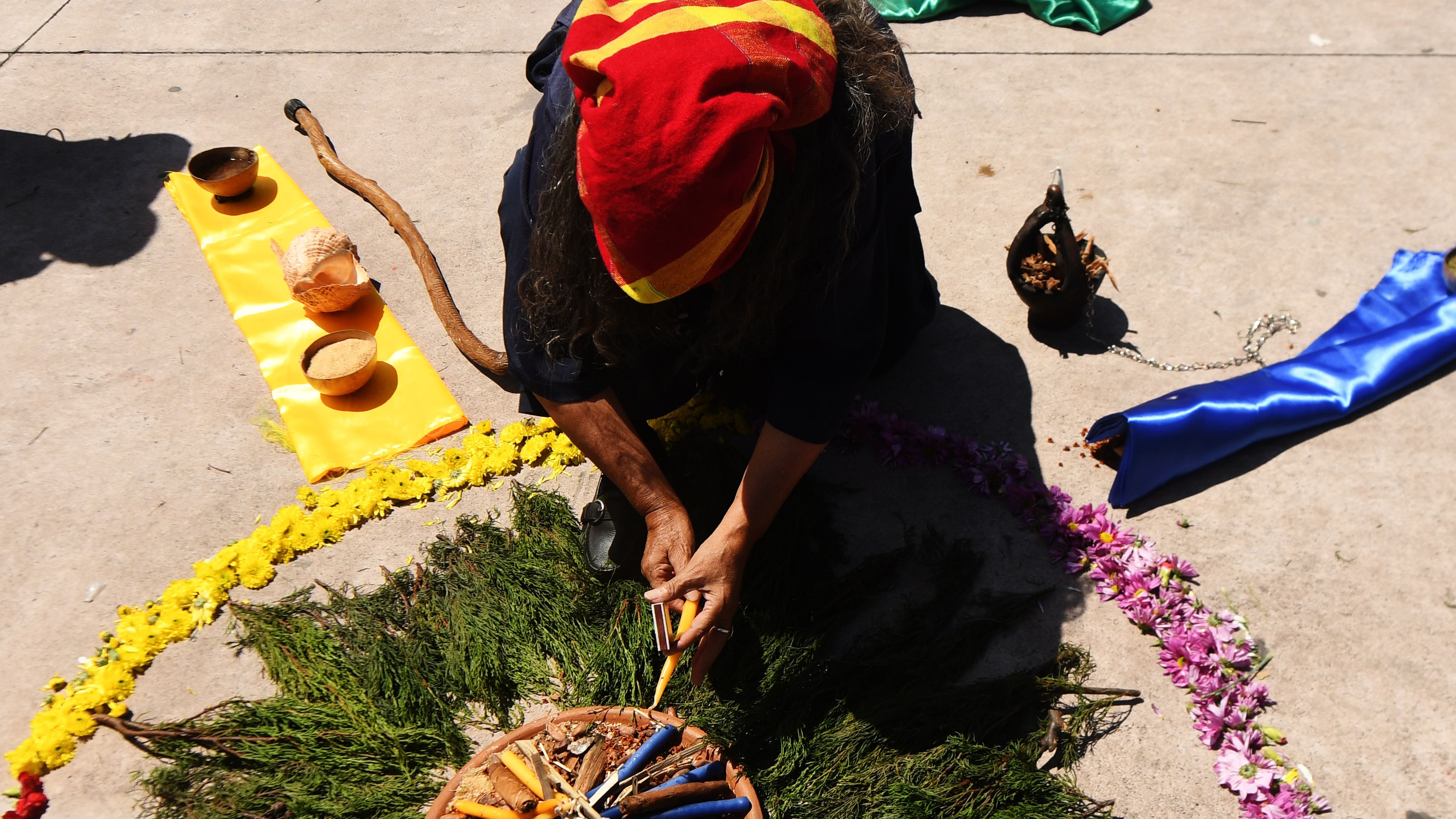Coronavirus reaches remote Amazon tribe left devastated by flu deaths following first contact
Six Covid cases recorded after activists warn of risk of repeating previous pandemics of viruses brought by outsiders

A free daily email with the biggest news stories of the day – and the best features from TheWeek.com
You are now subscribed
Your newsletter sign-up was successful
The Covid-19 pandemic has reached vulnerable indigenous groups in the Peruvian Amazon who have already paid a heavy price after first being forced into contact with the outside world in the 1980s.
At least six coronavirus cases have been recorded among the Nahua people, who number “fewer than 1,000” and live in a federally protected area in Peru’s southern Amazon called the Kugapakori Nahua Nanti Territorial Reserve, The Guardian reports.
The infections have triggered alarm among Amazonian indigenous activists, “who have repeatedly warned that coronavirus could cause a disastrous repeat of previous pandemics that devastated their populations” following the arrival of outsiders, says the newspaper.
The Week
Escape your echo chamber. Get the facts behind the news, plus analysis from multiple perspectives.

Sign up for The Week's Free Newsletters
From our morning news briefing to a weekly Good News Newsletter, get the best of The Week delivered directly to your inbox.
From our morning news briefing to a weekly Good News Newsletter, get the best of The Week delivered directly to your inbox.
“More than more than half of the Nahua died of influenza and whooping cough, for which they had no immunity”, after loggers and oil workers first reached the remote reserve, “bringing with them terrifying diseases without cure”, ABC News reports.
According to Peru’s Culture Ministry, the Covid cases were recorded in Santa Rosa de Serjali, a settlement of 391 Nahua people that has been in “initial contact” for three decades. Health workers have delivered seven tonnes of food, as well as masks and other supplies, to the community.
But experts say that such groups remain ill-equipped to tackle the coronavirus, “as a result of extreme poverty, inadequate access to modern medical care, and a way of life incompatible with social distancing”, as well as a lack of natural immunity, says the Australian news broadcaster.
“The people who have survived [earlier epidemics] may have the genetic capacity to resist... but it’s not enough. They're still vulnerable. They have to avoid contact with potential bearers of outside diseases,” said Thomas Moore, an anthropologist who has studied tribal peoples in Peru’s Amazon for decades.
A free daily email with the biggest news stories of the day – and the best features from TheWeek.com
Health workers have also found more than 150 coronavirus cases among eight indigenous populations in Sepahua, the nearest town to the Nahua, “which is thought to have been the point of infection” for the Santa Rosa de Serjali community, according to The Guardian.
Joe Evans is the world news editor at TheWeek.co.uk. He joined the team in 2019 and held roles including deputy news editor and acting news editor before moving into his current position in early 2021. He is a regular panellist on The Week Unwrapped podcast, discussing politics and foreign affairs.
Before joining The Week, he worked as a freelance journalist covering the UK and Ireland for German newspapers and magazines. A series of features on Brexit and the Irish border got him nominated for the Hostwriter Prize in 2019. Prior to settling down in London, he lived and worked in Cambodia, where he ran communications for a non-governmental organisation and worked as a journalist covering Southeast Asia. He has a master’s degree in journalism from City, University of London, and before that studied English Literature at the University of Manchester.